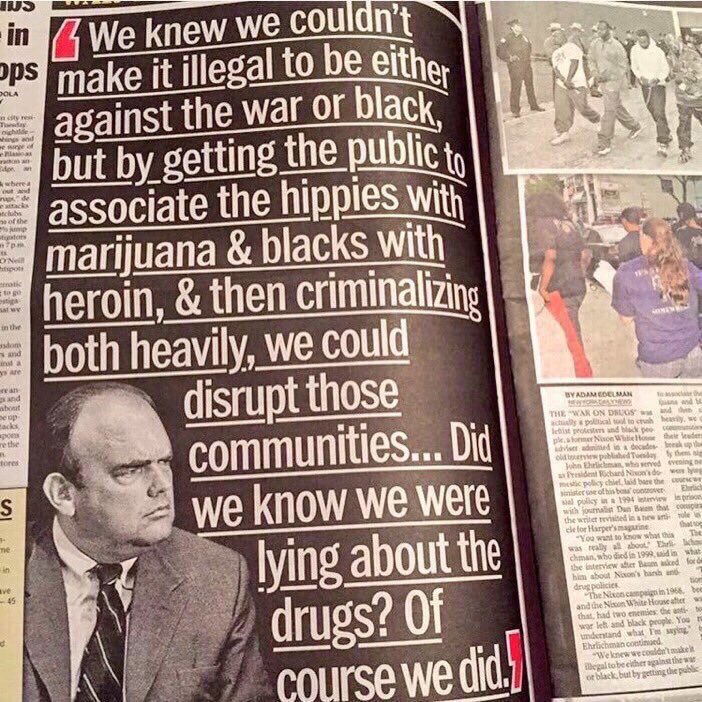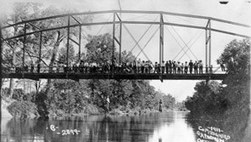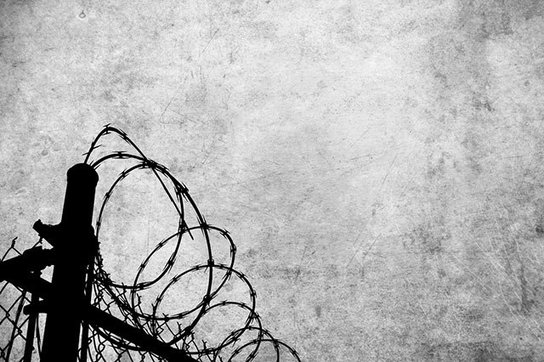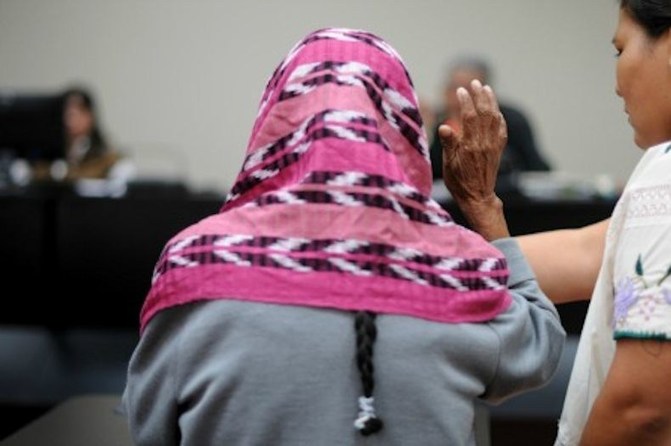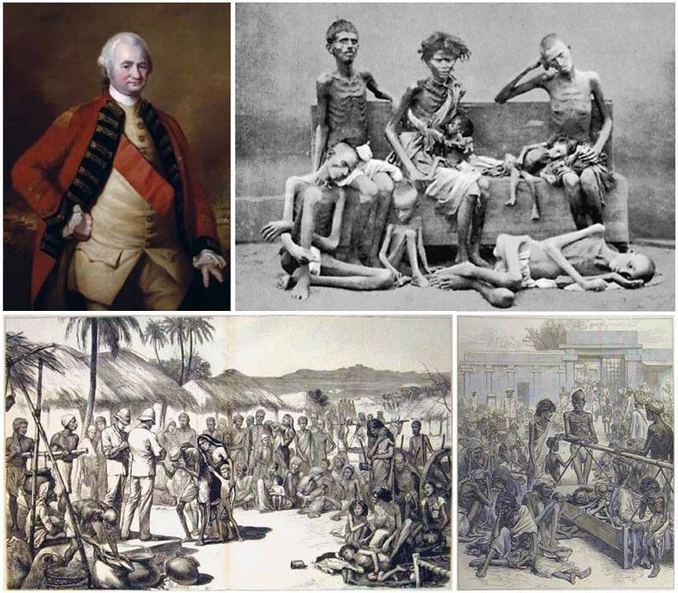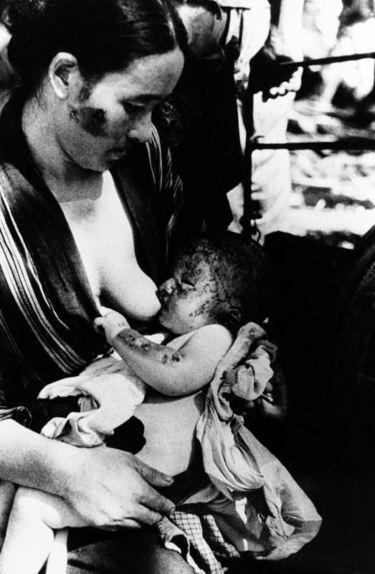+600,000 Rohingya have fled Myanmar's death squads since August, "the fastest displacement of a people since the Rwanda genocide." pic.twitter.com/fV5jp8qEoE
— CJ Werleman (@cjwerleman) October 25, 2017
https://platform.twitter.com/widgets.js
Burma Follows Global Pattern in How Ethnic Cleansing Begins
Rohingya long been demonized as outsiders in own country https://t.co/fvs1FFCwE8— Preventing Genocide (@CPG_USHMM) September 19, 2017
//platform.twitter.com/widgets.js
‘Thousands of children slaughtered. Not one word from President Trump.’ – Sen. Merkley calls out Trump's silence on Myanmar genocide pic.twitter.com/jG2gw8xSAw
— NowThis (@nowthisnews) October 26, 2017
https://platform.twitter.com/widgets.js
Rohingya faces tell the agony of Myanmar exodus https://t.co/XY6PQU4kV1 📷 @uz_munir pic.twitter.com/EuQHmIfsO6
— AFP news agency (@AFP) October 26, 2017


